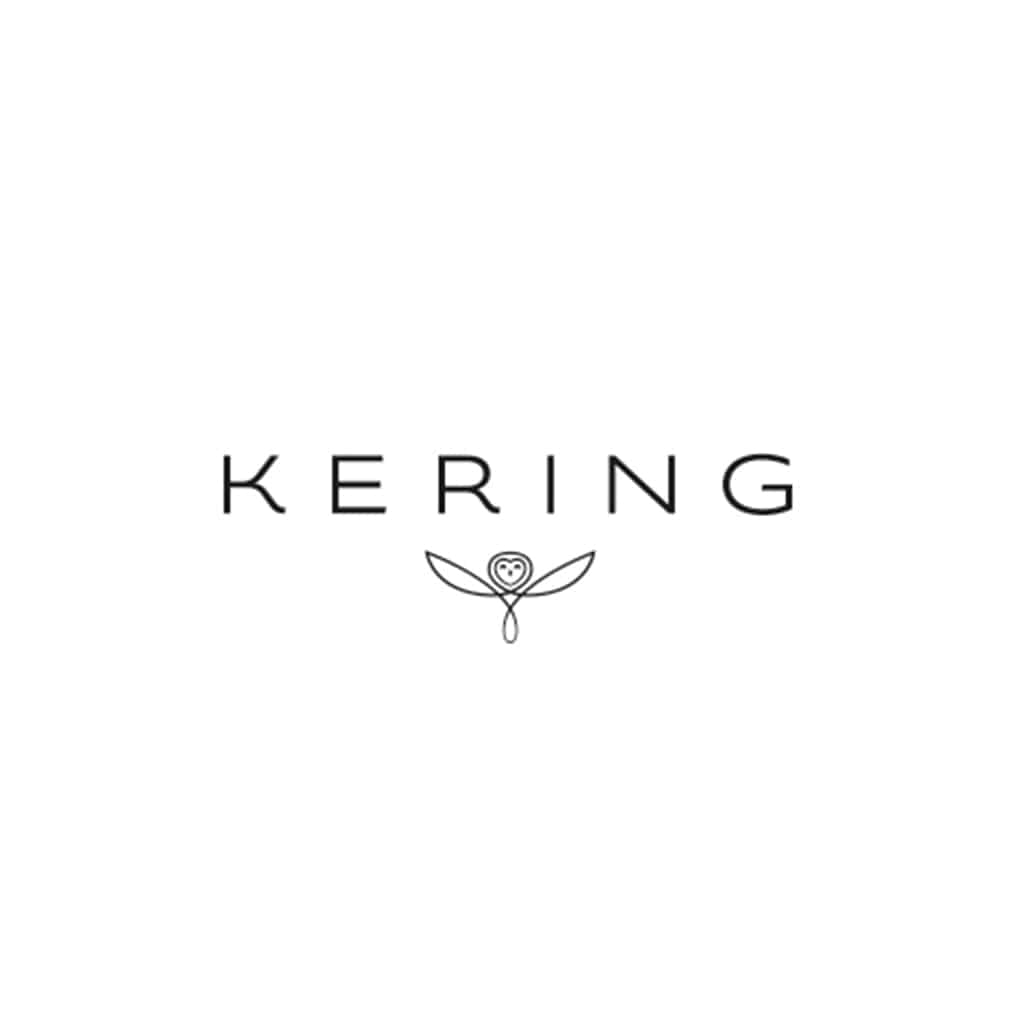Zero single-use plastic for client packaging (B2C) by 2025 and for logistics packaging (BtoB) by 2030

Terms of the action or commitment
Aware of the amount of packaging that is widely used in the luxury industry and of the issues involved, Kering Group and its Houses are implementing projects that aim to reduce the use of packaging while ensuring optimal protection of the goods manufactured and focusing on sourcing raw materials as sustainable as possible (recycled, bio-based, certified materials). At the end of 2019, Kering joined the “Circular Polybag Pilot”, the first Fashion for Good pilot project on this issue, which aims to create a circular solution for polybags in the fashion industry. Since the elimination of single-use plastics across the industry became a priority, Kering Group has fully committed to phase out the use of single-use plastics for its client packaging (BtoC) by 2025 and for its logistics packaging (BtoB) by 2030.
To achieve this objective, several initiatives have been defined:
- Implementing a new packaging standard defined in 2020, which sets out the eco-design principles that should be applied to packaging to improve its environmental impact, to maintain an optimal level of protection for manufactured products, to eliminate problem plastics like PVC and reduce the use of packaging.
- Continuing ongoing internal working group on packaging, set up in 2020 by the Purchasing and Sustainability departments and involving all the Houses to achieve this objective through actions to be carried out to reach the 2025 and 2030 targets: the identification of single-use plastics within the business lines and the implementation of alternatives through pilot projects along the supply chain (from the factory to the distribution center and the store).
- The Kering’s logistics hub runs trainings and awareness-raising meetings with suppliers and with its logistics partners on environmental performance expectations in line with the Group’s ambitions (reporting, circularity, single-use plastics, carbon footprint).
- Elimination by logistics teams of any plastic that could be replaced with certified cardboard from e-commerce shipments.
- Reinforcement and broader deployment of initiatives implemented by the Group’s Houses: Gucci’s “Take Back” program for its suppliers (which has already avoided producing an additional 336,000 boxes, equal to 40 tons of plastic avoided for BtoB packaging), extension of Saint Laurent’s project to incorporate reusable and 100% recycled and reusable polybags into the supply chain, which will apply to the brand’s clothing for the newt collections.
Levers mobilized for circular economy (according to Ademe)
Implementation timeline
Starting year
B2C : 2019
B2B : 2019
Ending year
B2C : 2025
B2B : 2030




